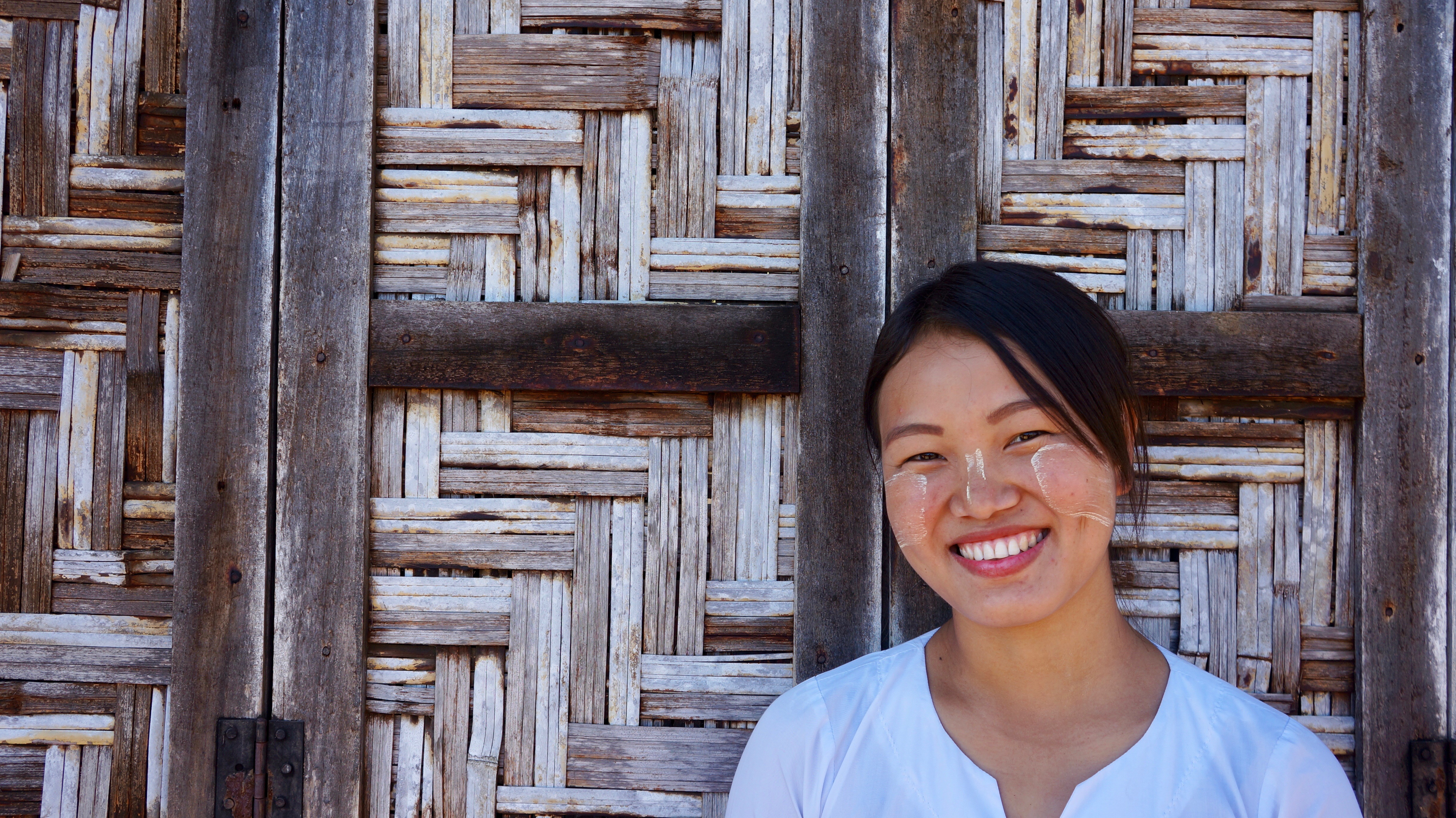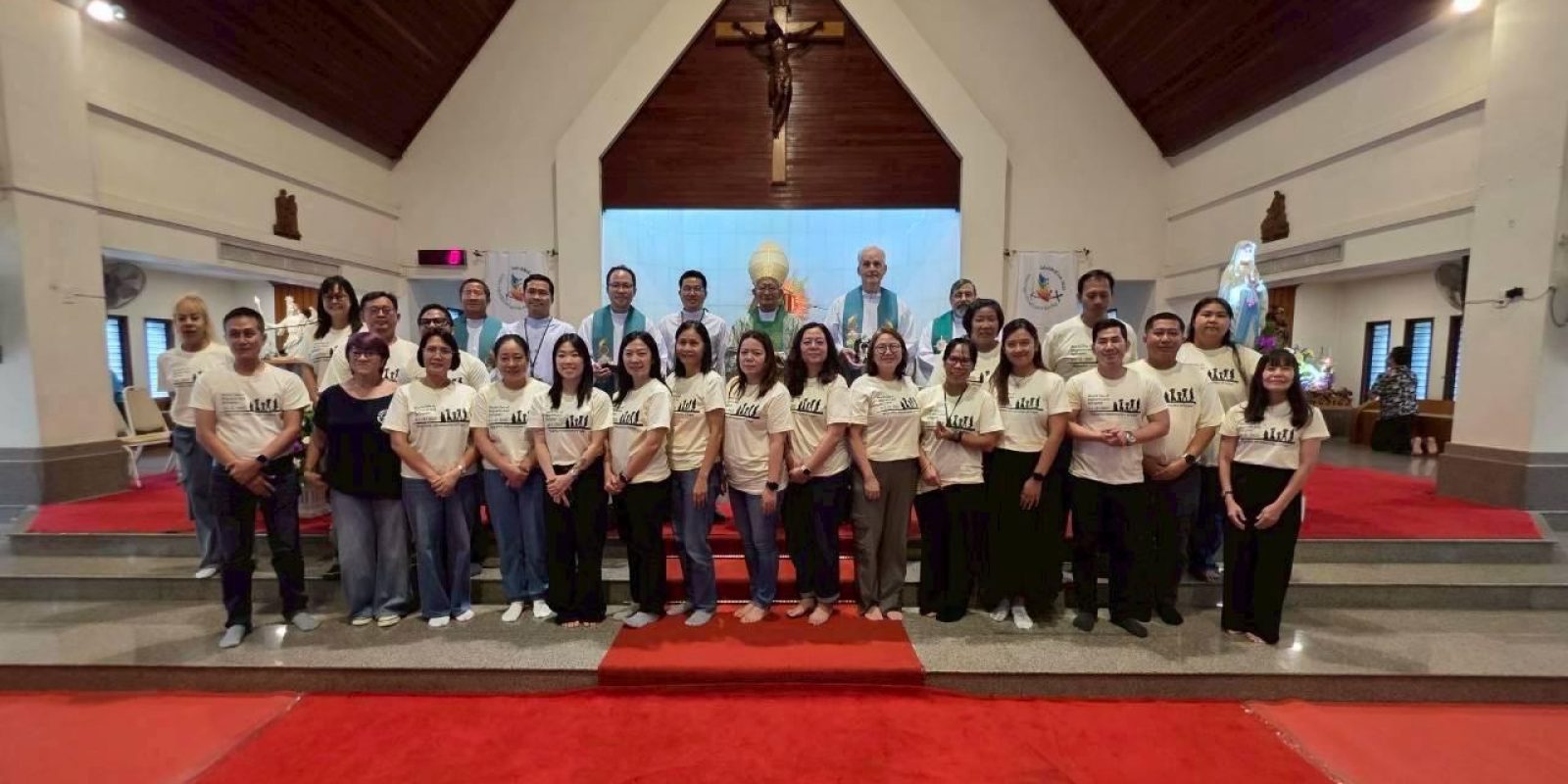World Refugee Day
Finding safe spaces together
United communities are stronger
Rome, 20 June 2014 – Today on World Refugee Day, the Jesuit Refugee Service commemorates the courage and endurance of the millions of people forced to flee their homes, and the many who welcome them into their communities. In the last 12 months, the numbers of people displaced due to conflict – more than two-thirds from Syria, South Sudan and the Central African Republic – and human rights abuses have reached 50 million. Mass displacement is at a 20 year high, on a scale not seen since the wars in former Yugoslavia.
Time and time again, civil society groups are at the forefront of efforts to create space for refugees to rebuild their lives in dignity, to learn, work and contribute to their new communities. Those same communities, often themselves living in poverty, need support if they are to offer protection, essential services, and most importantly, friendship to refugee populations.
Notwithstanding a growing fear and resentment toward refugees, many host communities around the world are responding to influxes of displacement with compassion. Volunteers in France open their homes for periods of one month at a time, giving refugees, otherwise at risk of homelessness, the opportunity to get back on their feet. In Lebanon, communities have allowed their mosques to become educational centres for Syrian refugee children unable to gain access to overcrowded public schools.
“In the midst of the conflict ravaging Syria, which has displaced more than nine million people, tens of thousands of Syrians across religious, across ethnic and economic divides have continuously promoted harmony, reaching out to build ‘a culture of encounter and dialogue’. Much of the aid reaching Syrians is delivered thanks to the support of committed, Muslim and Christian, volunteers working together”, said Jesuit Refugee Service International Director, Peter Balleis SJ.
There are, however, limits to the abilities of host communities; governments also must act. Yet, despite the record numbers of people seeking protection, the response of the international community has on the whole been insufficient. Displaced communities living in conflict zones lack access to food, shelter and education services for their children. Security for these communities is at best tenuous, and even worse for women and girls who are often targets of sexual violence.
In fact, industrialised nations have not only failed to provide humanitarian aid, but have accelerated the use of arbitrary pushbacks and detention to discourage the arrival of asylum seekers. This failure is easily visible in Europe. Despite the dangers, forced migrants from Eritrea, Somalia and other parts of sub-Saharan Africa have little choice other than to cross the Mediterranean Sea. Thousands of migrants and refugees have lost their lives trying to reach safety. The death of more than 400 people drowned off the coast of Italy last year was a case in point. To date European leaders have taken no collective measures to provide safe access to the continent.
The message from industrialised nations is loud and clear: border security trumps the protection of people. Even worse, these policies are being replicated around the globe. In response to a spate of attacks by radical groups in Kenya, the space once offered to refugees to live and work in urban areas is being closed. Thousands are being pushed to overcrowded and underfunded camps, and even back to war-torn Somalia, despite having contributed to the local economy for years.
“Host communities who create spaces for refugees and promote mutual respect deserve support. As we’ve seen in Lebanon and France, solidarity opens doors to other possibilities, such as access to rights and services. Rather than seeking short-term solutions, governments would do well to follow these examples of solidarity”, added Fr Balleis.
Explore more
JRS Highlights the Transformative Power of Education on 2nd Anniversary of Myanmar Coup
February 1, 2023
story



